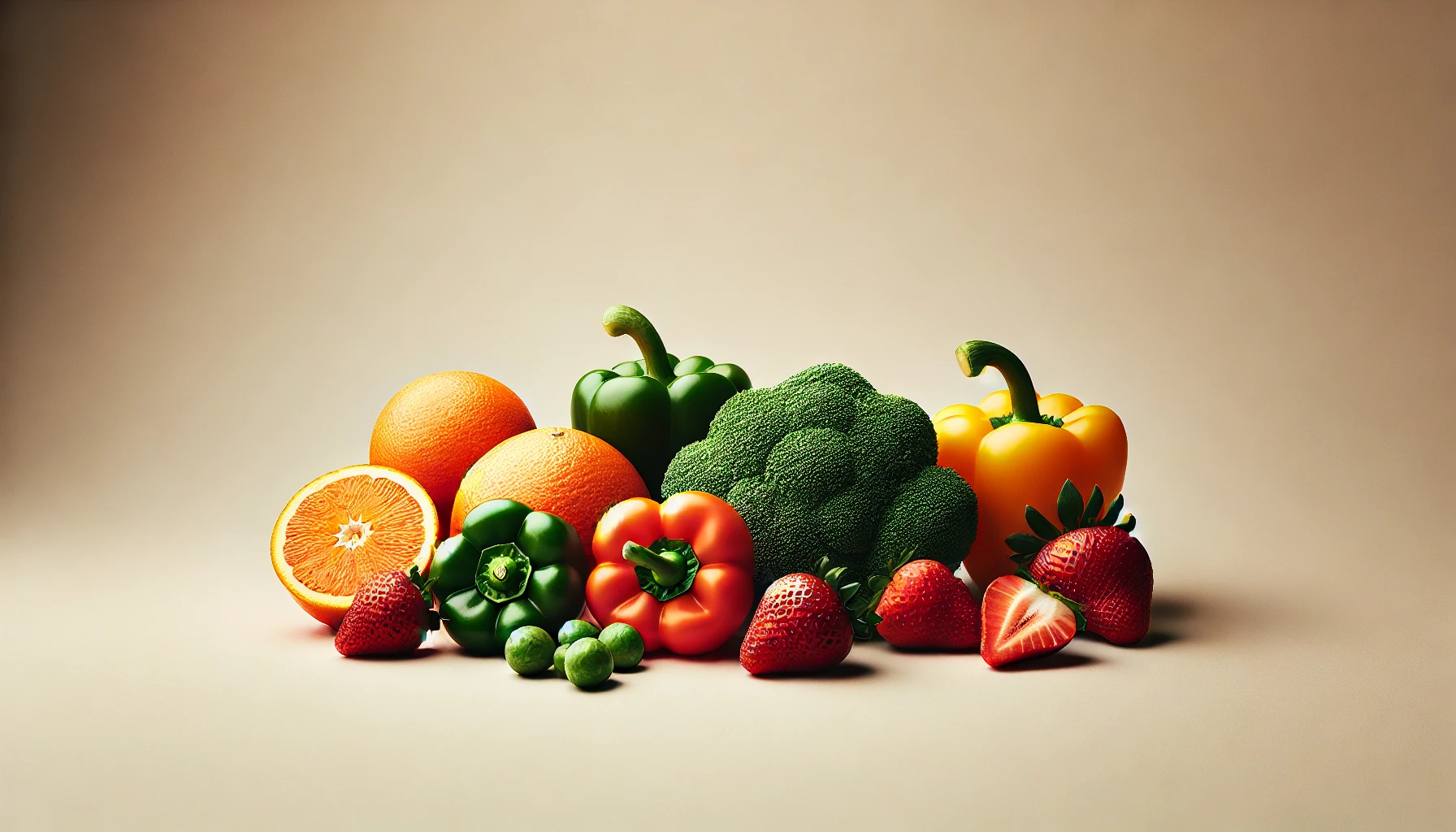
As the weather changes, many of us look for ways to strengthen our immune systems and avoid the dreaded seasonal cold. One of the most popular methods is increasing our intake of Vitamin C, a powerful antioxidant known for its immune-boosting properties. But does Vitamin C really help prevent colds? Let’s explore.
The Role of Vitamin C in Immune Health
Vitamin C, also known as ascorbic acid, plays a crucial role in supporting your immune system. It stimulates the production of white blood cells, which are essential for fighting off infections. In addition to this, Vitamin C acts as an antioxidant, neutralizing harmful free radicals that can weaken the body’s defenses.
Research indicates that Vitamin C may help shorten the duration of colds and reduce the severity of symptoms. According to studies, regular Vitamin C supplementation can also lower the risk of catching a cold, particularly for people under physical stress, such as athletes.
How Effective Is Vitamin C at Preventing Colds?
The effectiveness of Vitamin C in preventing colds is a topic of debate. Some studies have found that regular Vitamin C intake does not significantly reduce the risk of developing a cold for the average person. However, it has been shown to reduce the duration and severity of colds when taken regularly.
For instance, a review published by the National Institutes of Health highlighted that regular Vitamin C supplementation can reduce the duration of cold symptoms by up to 8% in adults and 14% in children. Additionally, it has been found to be especially helpful for individuals exposed to short periods of intense physical activity or cold environments.
When and How to Take Vitamin C
To maximize the potential benefits of Vitamin C, it’s best to take it regularly rather than waiting until cold symptoms appear. The recommended daily intake for most adults is between 75 to 90 milligrams, which can be easily met through a balanced diet rich in fruits and vegetables.
Foods rich in Vitamin C include:
- Oranges and other citrus fruits
- Strawberries
- Kiwi
- Bell peppers
- Spinach
- Broccoli
If you feel your diet isn’t providing enough Vitamin C, supplements can help bridge the gap. However, it’s important to remember that high doses (over 2,000 mg per day) may cause digestive issues such as diarrhea and nausea.
While Vitamin C may not be a foolproof way to prevent colds, its immune-boosting properties can help reduce the duration and severity of cold symptoms. By maintaining a balanced diet rich in Vitamin C or taking regular supplements, you can better prepare your immune system to handle seasonal shifts and stay healthy through the colder months.



